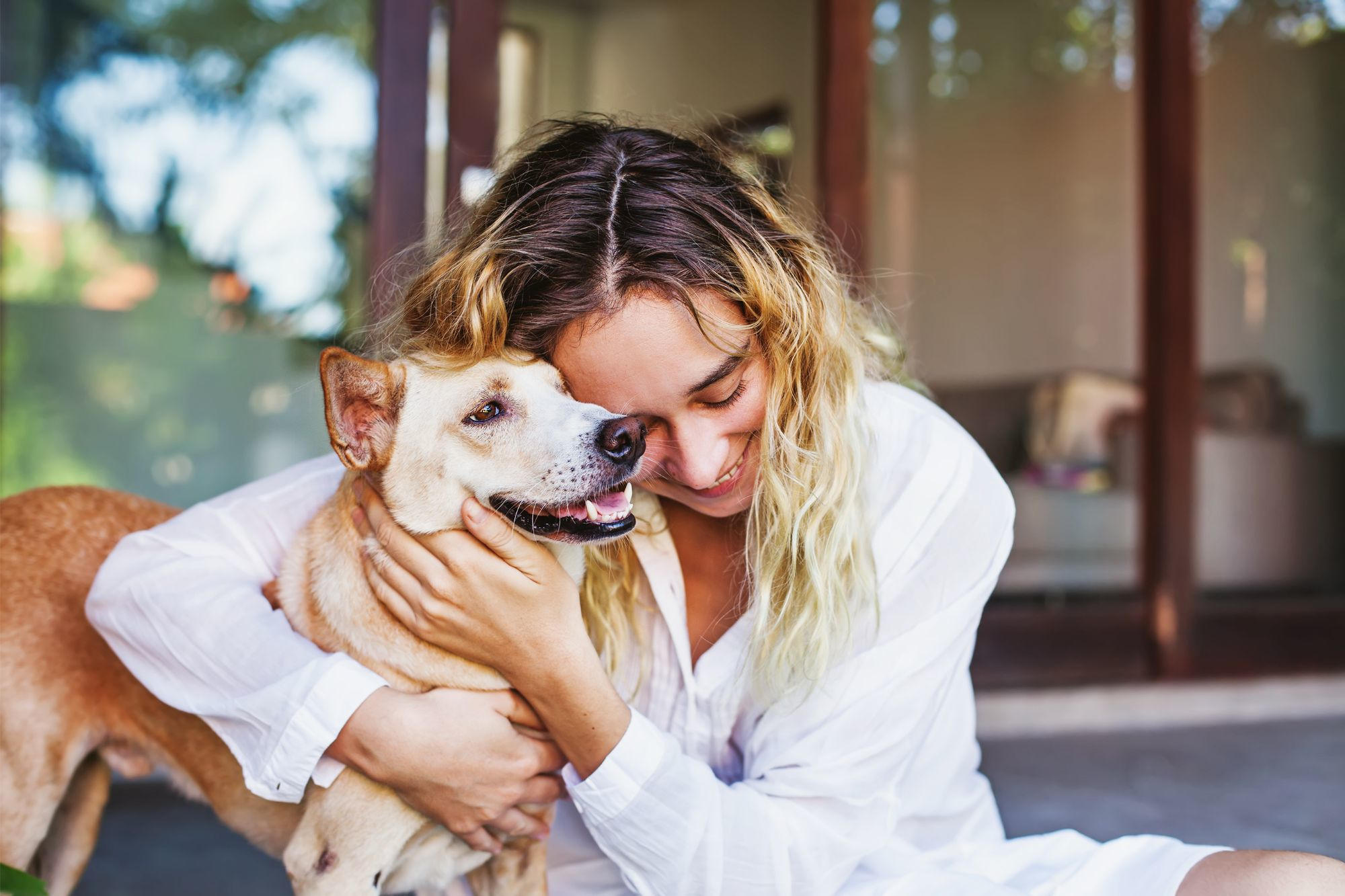Новое исследование показывает, что владельцы собак и кошек в Соединенных Штатах стали ближе к своим питомцам во время пандемии COVID-19, при этом возникают сложные связи между владением домашними животными, стрессом и одиночеством. В то время как владельцы собак испытали большее снижение стресса и одиночества в периоды повторного открытия и восстановления, чем владельцы кошек и те, у кого нет домашних животных, владение домашними животными не привело к однозначному снижению общего уровня стресса и одиночества во время пандемии.
Во время пандемии владельцы собак и кошек сообщали о более близких отношениях со своими питомцами, однако связь между домашними животными и стрессом или одиночеством сложна.
Согласно недавнему исследованию,[{» attribute=»»>COVID-19 pandemic appears to have strengthened the bond between US pet owners and their dogs or cats. The research, conducted by Niwako Ogata, Hsin-Yi Weng of Purdue University in the US, and a colleague, sheds light on the intricate connection between pet ownership, stress, and loneliness during the pandemic. The findings were published in the open-access journal PLOS ONE.
The COVID-19 pandemic presents a rare opportunity to examine the relationships between pet owners and their pets, as well as any possible correlations between pet ownership and mental health. While previous studies have delved into these subjects within the context of the pandemic, their scope has been limited.
Ogata and Weng conducted a series of surveys to capture the dynamics of dog and cat ownership in the USA – prior to the pandemic, during the lockdown period of April to June 2020, the reopening of September to December 2020, and a recovery period from January to December 2021.
The surveys included questions related to participants’ closeness to the pet they felt most attached to, stress and loneliness levels, demographics, housing situation, personality, and other potentially relevant factors. Participants included 1,266 people with dogs and cats, 1,186 with only dogs, 1,128 with only cats, and 657 with no pets.
Statistical analysis of the survey responses showed that both dog and cat owners grew closer to their pets during the study period. However, links between pet ownership and mental health were more complex.
Compared to cat owners and participants without pets, dog owners experienced a greater reduction of stress and loneliness during the reopening and recovery periods. Nonetheless, the researchers did not find statistically sound evidence that pet ownership eased participants’ stress and loneliness levels during the pandemic, and cat owners generally had more stress and loneliness than other participants. However, separating out different types of loneliness showed that, compared to non-pet owners, pet owners reported less loneliness specifically related to romantic relationships.
Further analysis suggests that the different results seen for dog versus cat owners may be explained by differences in the pet-owner relationship between these two groups.
The researchers will continue collecting similar data through 2023 in order to capture any further changes in pet-owner relationships, stress, and loneliness.
The authors add: “People felt closer toward their pets during the COVID-19 pandemic even though pet ownership did not mitigate stress and loneliness. Dog ownership and cat ownership acted differently on mental health, but the difference between them could be partially explained away by the owner-pet relationship.”
Reference: “Temporal patterns of owner-pet relationship, stress, and loneliness during the COVID-19 pandemic, and the effect of pet ownership on mental health: A longitudinal survey” by Niwako Ogata, Hsin-Yi Weng and Locksley L. McV. Messam, 26 April 2023, PLOS ONE.
DOI: 10.1371/journal.pone.0284101
The study was funded by the s funded by the Morris Animal Foundation.

«Главный евангелист пива. Первопроходец в области кофе на протяжении всей жизни. Сертифицированный защитник Твиттера. Интернетоголик. Практикующий путешественник».







More Stories
Подкаст «Эта неделя в космосе»: серия 107 — Образец Марса возвращается в блюз
Определение ключевой цели по увеличению продолжительности жизни CAR-T-клеток
Понимание роста растений и болезней человека